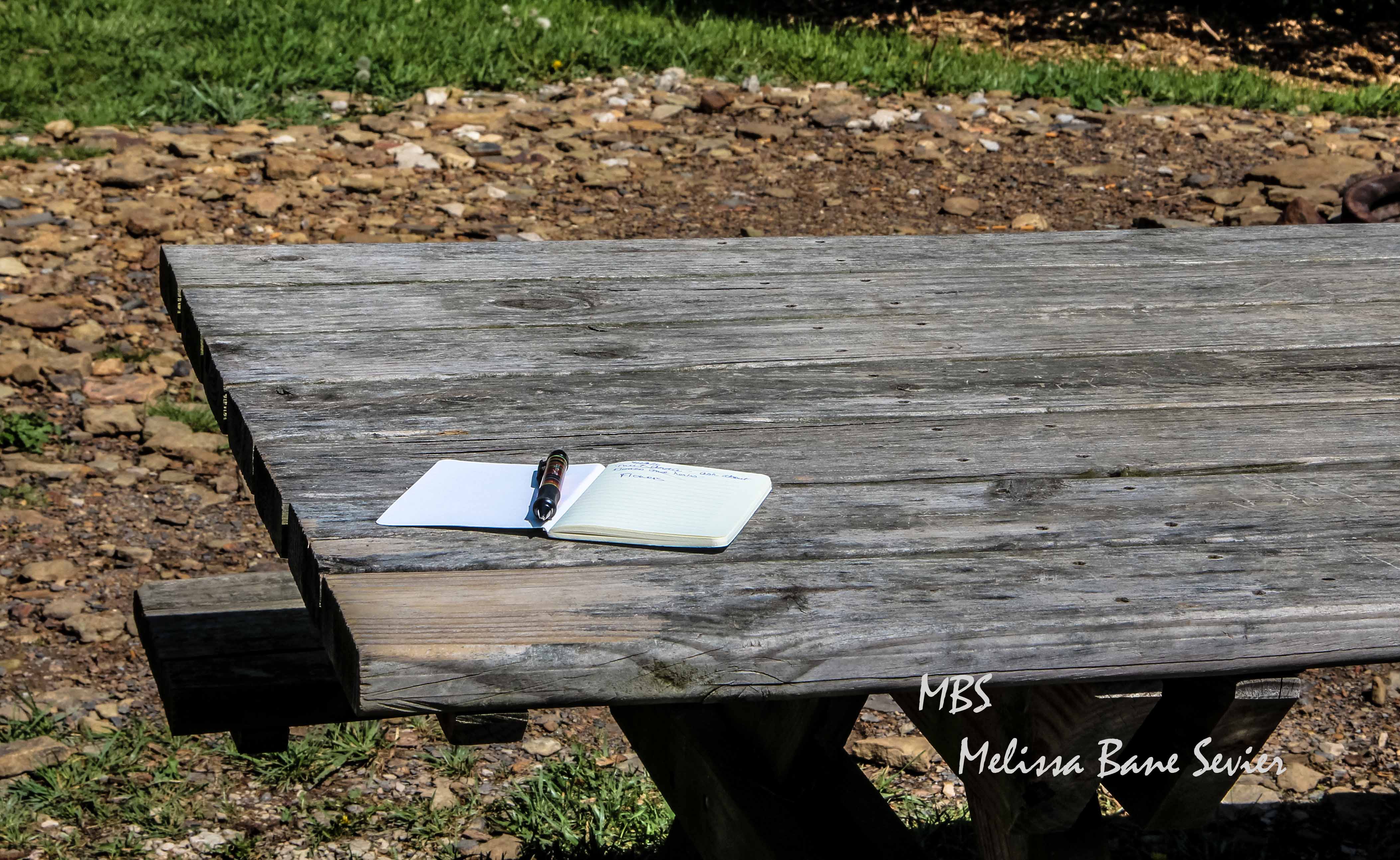I remember getting my first library card. I was five years old and about to start first grade. Trips to the library with my parents were already a regular part of our week, but now I had my own card. I checked out as many books as allowed each week. My mother had to make me turn off my light at night because I read until the last possible moment.
I’ve never stopped.
Reading has always been a huge part of my life, and an important element in my work. Several times a week I come across a sentence or paragraph that is so well-written I have to read it over again a few times, just to let the words continue to move me, inspire me, challenge me. The good writing of other people makes my writing better, because the way they put words together seeps into my subconscious and makes me more creative.
If you write for yourself, for your business, or for social media, you will be a better writer if you read good writing.
- Read in your field. You’ll learn what others are doing, how they are growing, and how they solve issues similar to the ones you face. You’ll also pick up on writing styles you want to emulate, while realizing that some styles of writing don’t impress you as much.
- Read outside your field. Sometimes you can learn more from someone whose expertise is quite different from yours. A good science writer might reveal something about how the brain processes motivation; a teacher of a religion other than your own can offer you new insights into the human condition; an artist’s perspective may help you re-evaluate the look of your product.
- Read good fiction and poetry. When you are reading for pleasure, your intuition, judgment, and wisdom may grow in unexpected ways.
Reading fosters growth—in your work and in your self. Don’t let all the tasks on your to-do list keep you from personal development.
Make time to read. The fruits of that effort will benefit everything you do.
© Melissa Bane Sevier, 2018


